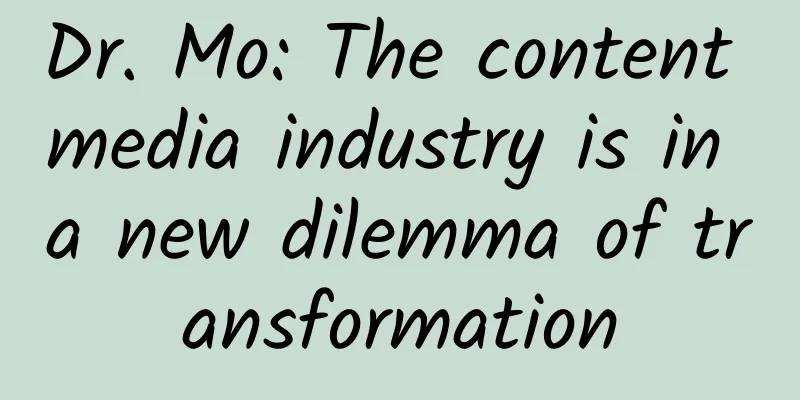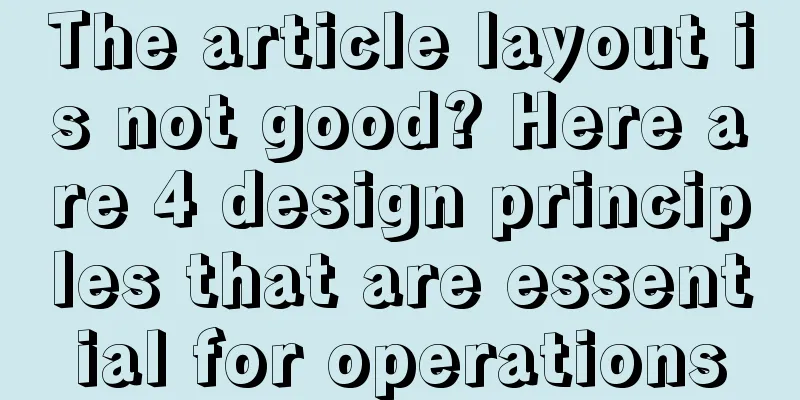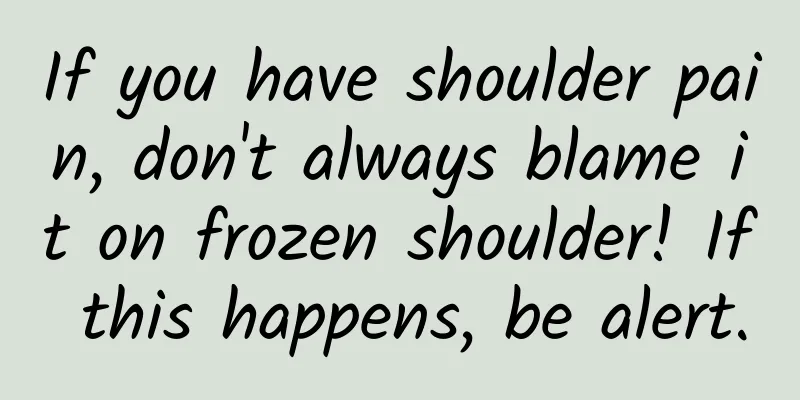Dr. Mo: The content media industry is in a new dilemma of transformation

|
In the era of mobile Internet, the content and media industries are forced to transform. At the same time, many digital content switches from download mode to streaming mode. Recently, the United States held a content media industry summit Code/Media. Dr. Walt Mossberg, co-founder of the American technology news website Recode, talked about his new observations on the media industry. He believes that it is now in a new dilemma of a certain transition period, and the content industry seems to be in a state of confusion. Here are some of Dr. Mok’s key points: As we all know, the media industry has been the first to be affected by the Internet boom and has started to transform. In the past few years, music, articles, videos and other fields seem to have found a channel for upward transformation. For example, record companies and artists sell music in Apple's iTunes store, TV stations start selling TV series on Amazon, and some old dramas are handed over to Netflix for online on-demand viewing. Many news media have launched iPad clients and started charging for online content. Some star journalists who have started their own businesses have also started to independently operate their own news websites. However, the transformation of traditional media to digital media is not stable, and at least there are still some problems. Media companies and content producers seem to have entered a new period of chaos. This was also shown by the statements of various digital media executives at Code/Media held last week. Take the music or record industry as an example. This industry was the first to be swallowed up by the digital tide. In the United States and other countries, the CD business has collapsed, but the digital music download business represented by Apple iTunes has also experienced a cliff-like plunge. Emerging music streaming services (unlimited online listening) have begun to emerge, represented by Spotify. Many service providers offer a variety of consumption options, but the vast majority of users want to listen to music for free. In the eyes of music companies, advertising alone cannot generate enough returns. Pandora's radio-based music streaming service is very popular, and the company also relies mainly on advertising for revenue. However, in the eyes of the music industry, Pandora has taken advantage of the convenience of industry regulations and does not need to negotiate agreements directly with music companies, and the music copyright fees paid by Pandora seem insignificant. At this conference, Lucian Grainge, CEO of Universal Music, said that if the music industry wants to continue to survive, it must move towards a paid monthly subscription model. He said that the free service model supported by advertising cannot satisfy the entire industry ecosystem, including music creators and investors, and must shift to a paid monthly subscription model. In the news industry, Thompson, CEO of the New York Times Company, said that the war in the news industry "must be won on smartphones." The New York Times previously launched a streamlined version of a client product called "NYTNow" with a monthly subscription of $8. Thompson said that the number of monthly subscription users did not meet expectations, and the New York Times is considering launching this client for free. If young users can gradually upgrade to paid services through the free client, the free model is also valuable. However, the free client contradicts the New York Times' long-standing paywall model, which the industry has always believed has helped the New York Times out of its predicament. Interestingly, Williams, co-founder of Twitter, founded a blog site, Medium, which is mainly used as a publishing platform for long articles. However, Williams said at the conference that the site will also become a content production agency and is recruiting journalists. Williams also said that the company does not have a real business model and has not yet made a profit. What is the situation in the television and film industry? Kevin Tsujihara, head of Warner Bros. Entertainment, is experienced in digital business, but he said at the conference that offline movie theaters can still provide a rich experience. In addition, for consumers, owning a movie instead of watching it online still has its appeal. The head said that many people still want to watch movies repeatedly, especially children's movies, so buying them at home still has its value. Of course, the executive also said that Warner Bros. often considers the model of providing movies on demand online. At the conference, filmmaker and producer John August mentioned that online short videos are more of a marketing and promotion tool for traditional movies or long video works. However, Ze Frank, head of BuzzFeed's video business, gave a different view. He believed that short videos are an important part of the digital life of Internet users, not just a promotion tool for traditional movies. In the media content industry, there are a large number of content creators. A hot topic in the media industry is on which platform these authors and content establish their presence. At the conference, Chris Cox, Facebook's chief product officer, said that Facebook is negotiating with some media content production and publishing organizations to let them put their content on Facebook, not just promote and market through Facebook. However, Williams of Medium said that if all media content is placed on Facebook, it would be a "terrifying world." Recently, Facebook's interest in the video business has increased significantly, and at the conference, Robert Kyncl, head of YouTube content, said that YouTube's growth rate is still expanding. Some stars in the media industry have criticized content companies, and rapper and producer Tyler said that he is currently considering eliminating the middleman link in music works. In addition, comedian and talk show host Chelsea Handler said that the E! Entertainment TV channel that currently broadcasts her program is just like a "middle school student". She will move her program to the video website Netflix and have more control. At the conference, technology industry star Mark Cuban blasted YouTube, saying that there are more failures than successes, and that traditional television still dominates and will continue to do so for a long time in the future. He also defended traditional movie theaters. Cuban also said that even the popular Netflix has its content from traditional media.As a winner of Toutiao's Qingyun Plan and Baijiahao's Bai+ Plan, the 2019 Baidu Digital Author of the Year, the Baijiahao's Most Popular Author in the Technology Field, the 2019 Sogou Technology and Culture Author, and the 2021 Baijiahao Quarterly Influential Creator, he has won many awards, including the 2013 Sohu Best Industry Media Person, the 2015 China New Media Entrepreneurship Competition Beijing Third Place, the 2015 Guangmang Experience Award, the 2015 China New Media Entrepreneurship Competition Finals Third Place, and the 2018 Baidu Dynamic Annual Powerful Celebrity. |
<<: Business models are being explored, but Android game consoles are not up to the task
>>: Is the "quantum dot TV" that was popular in 2015 worth buying?
Recommend
Liu Heng's "Passing Yin Yang Golden Lock Jade Gate Feng Shui Internal Course"
Liu Heng's "Passing Yin Yang Golden Lock...
Silicon Valley Growth Hacker Practical Manual!
This article is from the Silicon Valley Growth Ha...
How to use a female inflatable doll? What are the steps to use?
If you learn about the market for inflatable doll...
After recovering from Mycoplasma pneumoniae infection, can I get infected again? How long does it take before I can return to school?
When the baby coughs, the parents tremble! "...
Guangxi characteristic mineral crystal - pyromorphite
introduction In the international mineral crystal...
The truth is out! Why are there no poop on the eggs sold in supermarkets? It turns out that there is this secret
Eggs are a necessity for many people and have hig...
How much does Wechat Loan charge for the second-day repayment? Is there any interest?
How much does Wechat Loan charge for the second-d...
Chinese home appliances are transforming, while Japanese companies are changing their ways
In recent years, while Chinese home appliance com...
He was determined to serve the country with science, climb the peak of physics, and open the door for Peking University to become a world-class university.
On the road of scientific exploration, countless ...
Italy urgently seeks help from China! Why ask for help? Attached is the latest number of confirmed cases in Italy
Italy is one of the countries most severely affec...
Li Yanhong's prediction for 2019: Mobile phones may be phased out
"I think the next 20 years will probably be ...
The "deepest valley" on Earth is 5,382 meters. How did Chinese scientists measure it?
On April 17, 1994, Chinese scientists confirmed f...
Everything has its limits, and so does eating.
Author: Wang Ying, Chief Physician of Tianjin Men...
How do businesses manage live streaming traffic and conversions?
Today, in our concept, live streaming has basical...









